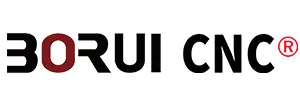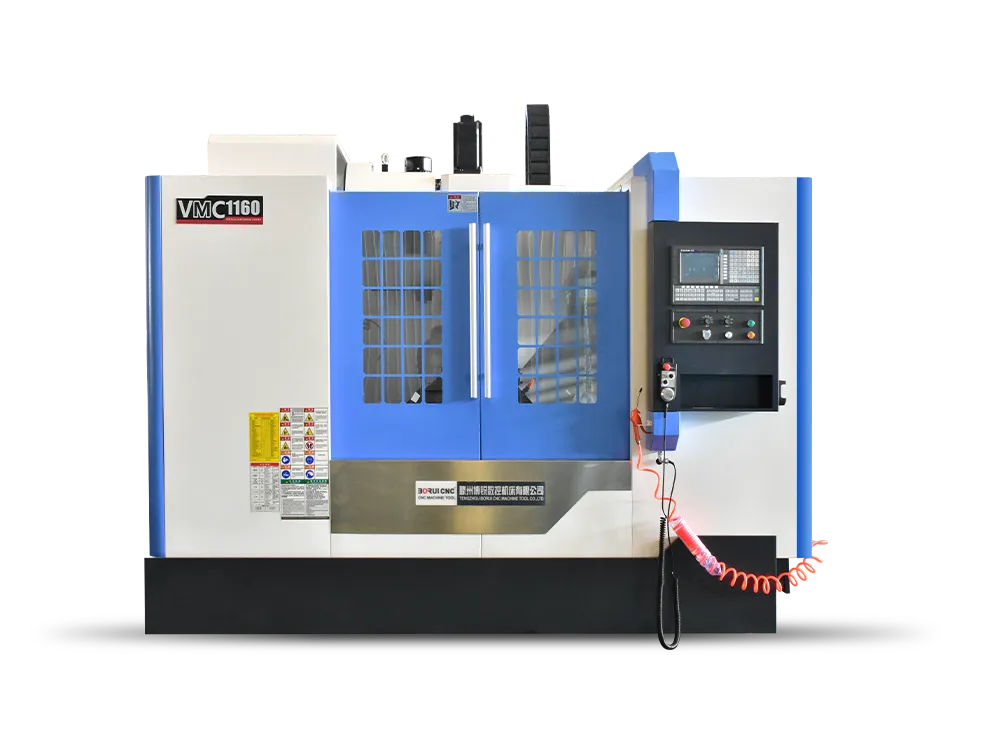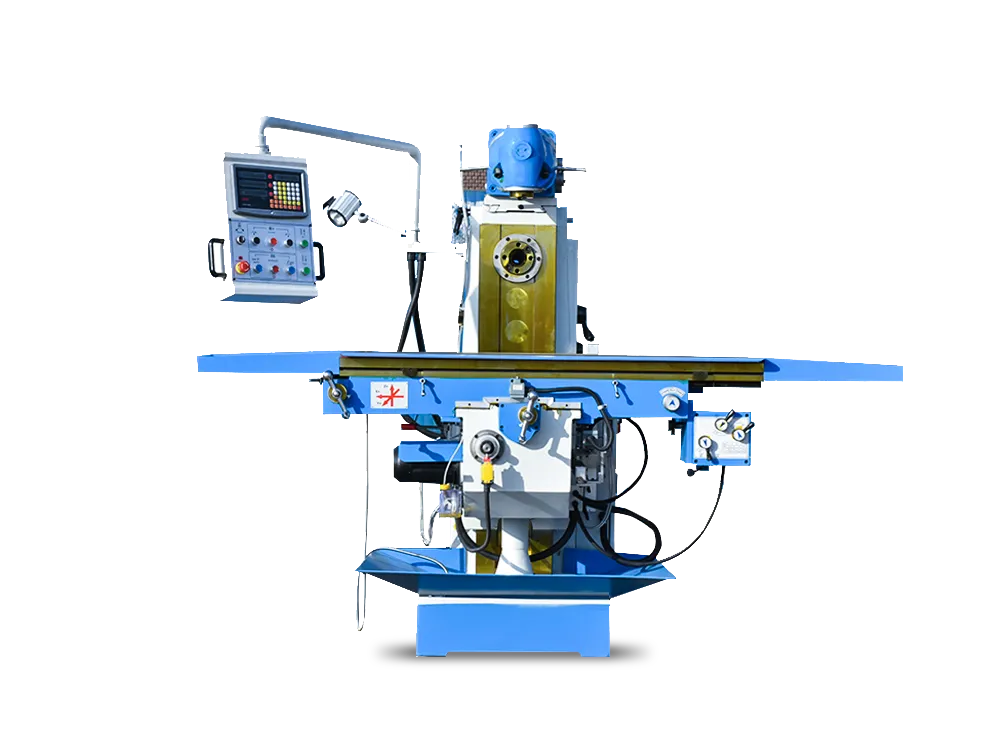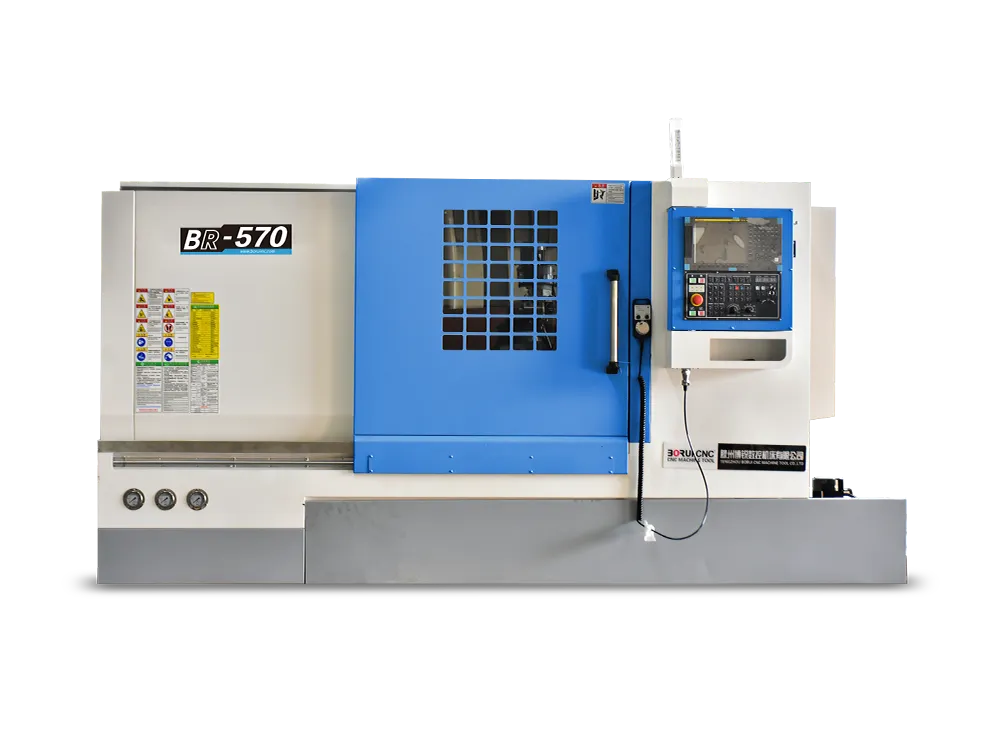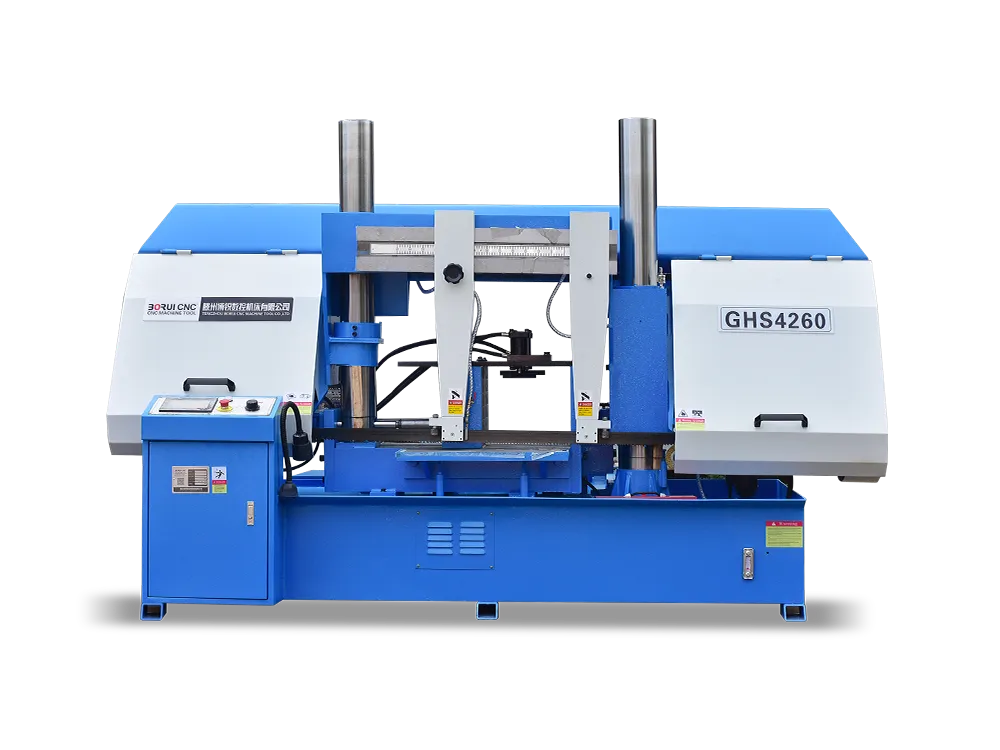물건을 자르고 만드는 데 사용할 수 있는 다양한 종류의 띠톱이 있습니다. 각 유형의 띠톱은 각기 다른 작업을 처리할 수 있습니다. 작업에 적합한 띠톱을 사용하면 안전성이 향상되고 작업 속도가 빨라지며 더 나은 절단 결과를 얻을 수 있습니다.
수평 띠톱, 수직 판톱 또는 다른 띠톱을 작업에 사용할 수 있습니다. 아래에서 각 유형의 띠톱의 장점과 사용 방법을 알아보세요.
밴드 톱 머신이란 무엇인가요?
띠톱(띠톱이라고도 표기)은 테이블에 고정된 재료를 절단하는 기계입니다. 바퀴에서 회전하는 긴 톱니날이 있습니다. 절단 작업장과 공장에서 흔히 볼 수 있는 공작 기계입니다. 띠톱의 주된 역할은 모양이 없는 것처럼 보이는 물체를 만드는 것입니다. 띠톱은 직선, 원 또는 곡선을 절단할 수 있습니다. 띠톱 기계는 금속, 나무, 플라스틱 등을 절단할 수 있습니다. 띠톱은 다양한 유형의 재료에 대해 다양한 유형의 블레이드를 사용합니다. 전기 엔진은 띠톱에 동력을 공급합니다. 오늘날 사람들은 다양한 종류의 띠톱을 사용합니다. 모두 같은 일을 하지만 다양한 종류의 천을 자르기 위해 다양한 방식으로 만들어집니다.
밴드 톱 기계의 종류
띠톱에는 가로 또는 세로로 절단할 수 있는 두 가지 주요 유형이 있습니다. 수평형과 수직형 띠톱의 차이점을 살펴보고 작업에 적합한 띠톱을 선택하는 데 도움을 받으세요:
수평 밴드 톱
수평 밴드 톱은 긴 재료를 절단할 때 가장 좋은 선택입니다. 또한 직선으로 작업할 때 매우 정확하고 정밀하게 절단할 수 있습니다. 산업용 밴드 톱의 H 시리즈 수평 밴드 톱은 빠르고 최대 80인치 길이의 직선 절단이 가능합니다. H-32A는 90° 각도로 금속을 절단할 수 있는 견고한 고속 자동 수평 밴드 톱입니다. 20HP 블레이드 드라이브와 최대 32인치의 고속 셔틀 이송으로 작업을 빠르게 완료할 수 있습니다. 다음은 수평 밴드 톱의 몇 가지 좋은 점입니다:
- 견고함: 수평 밴드 톱은 강도가 강하고 티타늄 및 기타 단단한 금속을 절단할 수 있습니다.
- 강력한 성능: 이 톱 밴드 기계는 매우 튼튼하고 소음이 크지 않습니다.
- 자동: 대부분의 수평 띠톱은 스스로 작동할 수 있으므로 사용자가 많은 작업을 할 필요가 없고 절단이 더 정확합니다.
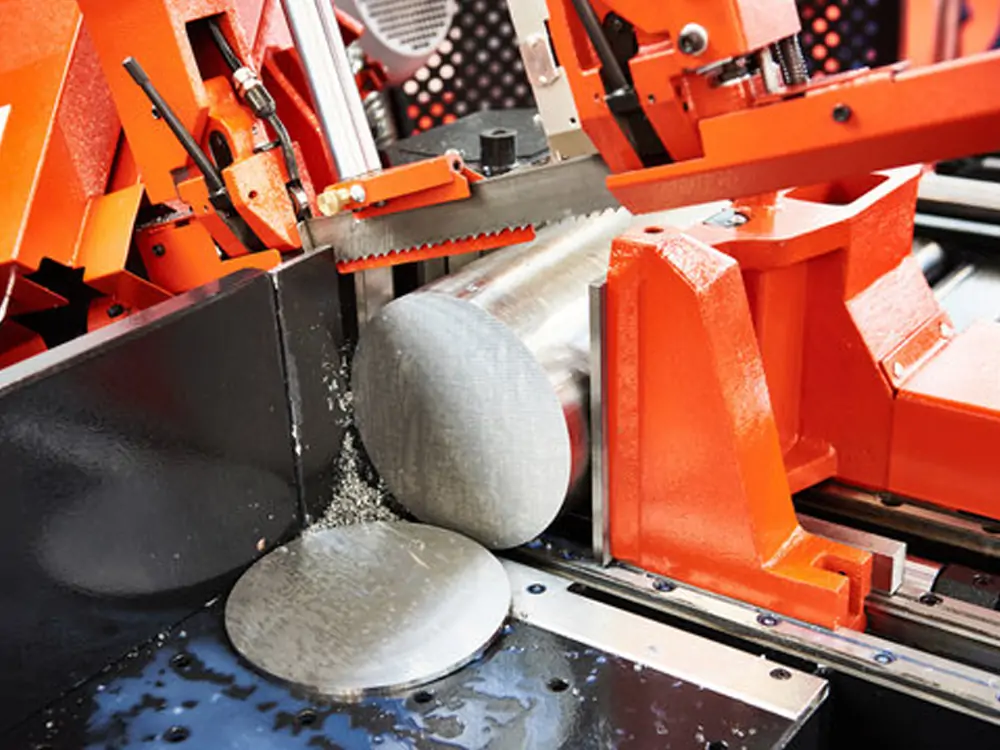
범용 피벗 스타일 수평 톱
이러한 종류의 톱은 전 세계 상점에서 쉽게 찾아볼 수 있습니다. 피벗 스타일 톱의 가격은 더 저렴하며, 일반적으로 중력이나 유압에 의해 헤드가 움직입니다. 피벗(가위) 모션 스타일로 인해 용량이 제한될 수 있으며, 특히 60°로 최대로 연귀할 때 더욱 그렇습니다. 이러한 종류의 톱이 가장 적합한 장소는 금속을 가끔 절단해야 하는 소규모 상점이나 수리 건물입니다.
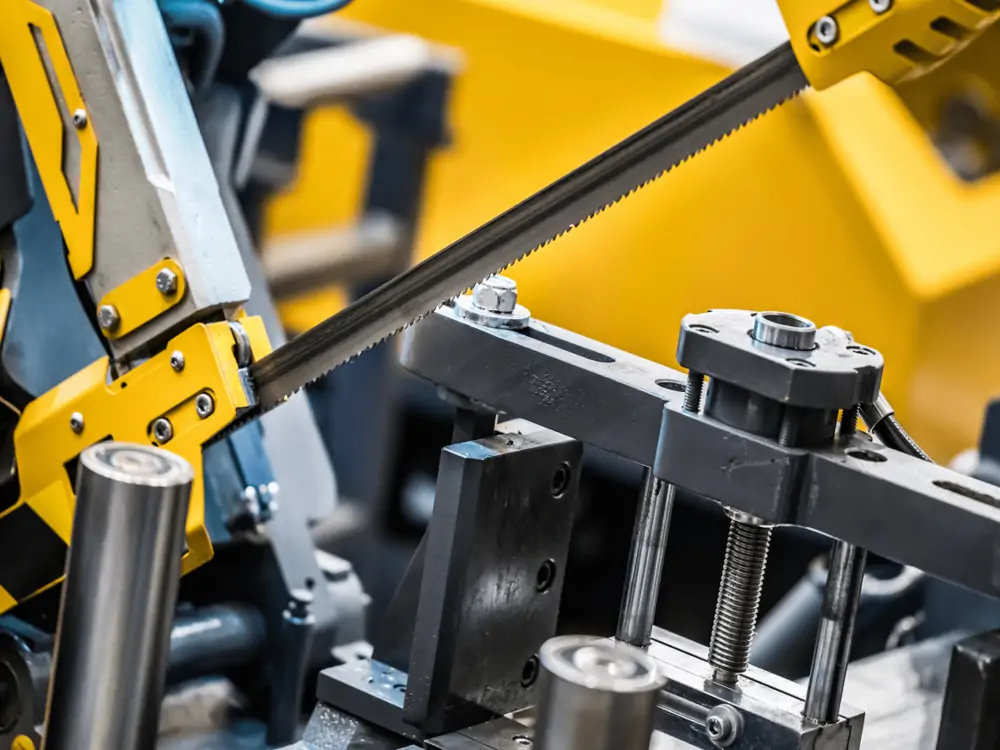
듀얼 컬럼 톱 시스템
이중(또는 단일) 컬럼 톱은 피벗 톱보다 훨씬 더 견고하고 비용도 더 많이 듭니다. 이러한 톱은 유압을 사용하여 전체 톱질 시스템을 정밀한 기둥 위에서 위아래로 움직입니다. 따라서 톱질 과정이 원활하게 진행됩니다. 이 톱은 정확한 절단과 긴 수명을 위해 강성과 강도가 중요한 고강도 톱질 작업에 가장 적합한 제품입니다. 일반적으로 "1.5" 이상의 블레이드가 함께 제공됩니다.
자동 마이터링, 자동 셔틀링, 번들 클램핑/커팅 등 다양한 첨단 기능을 추가 비용 없이 이 톱에 추가할 수 있습니다. 파이프, 스테인리스 스틸, 구조용 솔리드 및 공구강과 같은 다양한 재료를 절단하는 데 매우 능숙합니다.
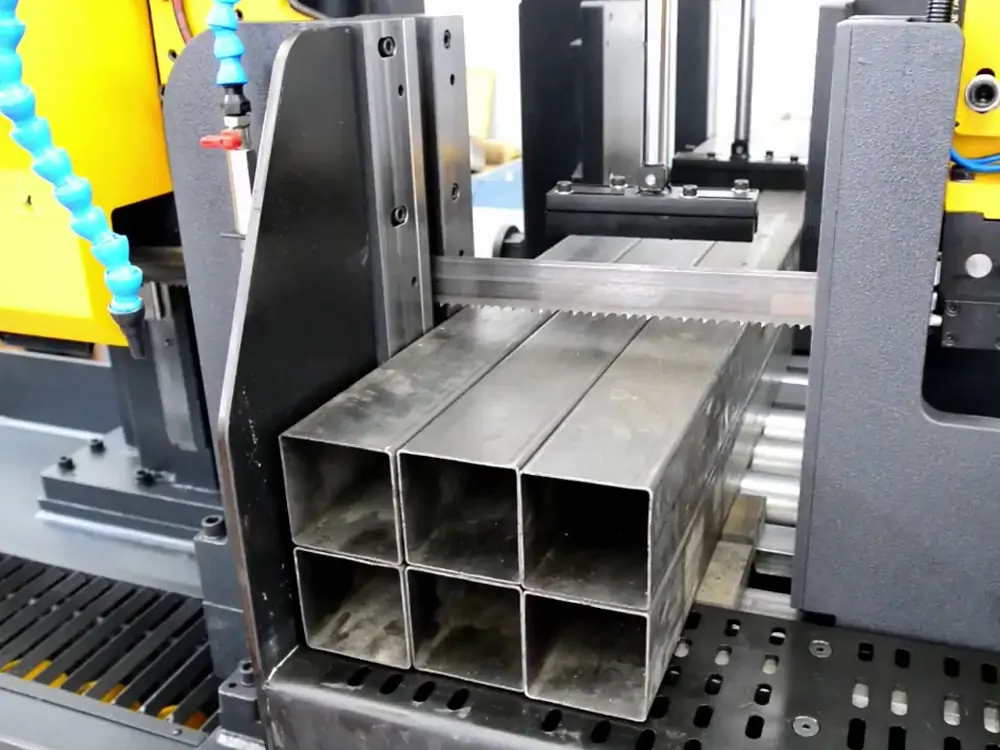
튜브 톱
이 특수 튜브 톱은 다양한 크기의 튜브와 파이프를 절단하는 데 적합합니다. "컷오프 톱"이라고도 하는 이 이중 컬럼 톱 시스템은 정확하고 복잡한 파이프와 튜브 절단을 완전 자동화할 수 있습니다.
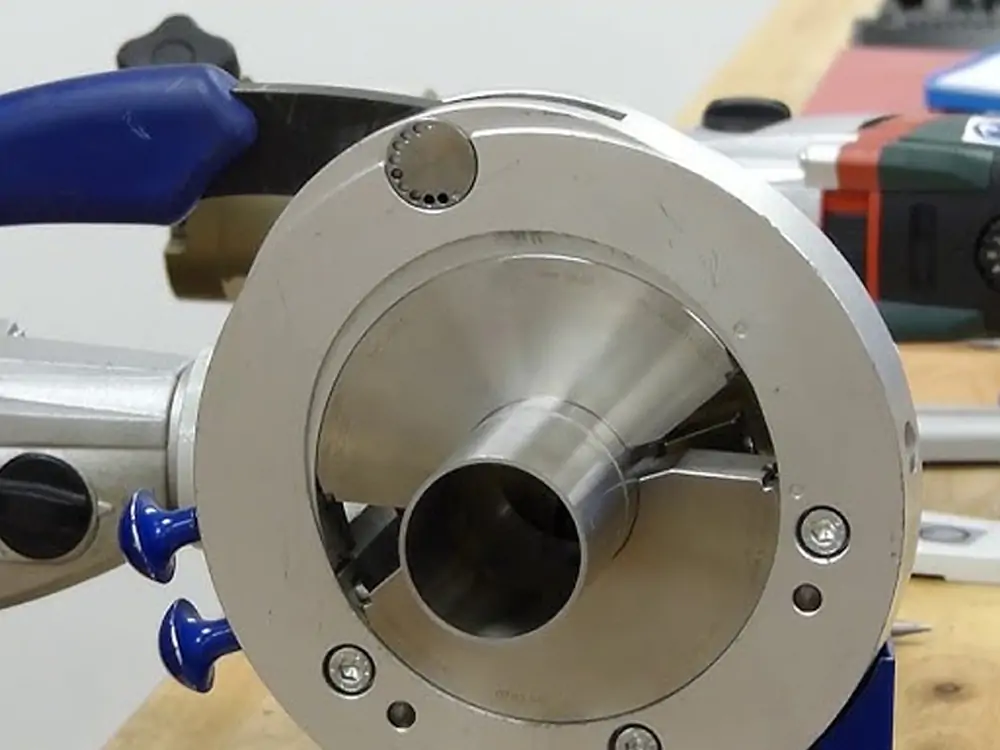
원형 톱
원형 톱은 빠르고 안전하게 작업해야 하는 제조 및 기타 산업 작업에 적합합니다. 모터 구동식 띠톱은 금속과 칼날이 너무 뜨거워져 절단 효율이 떨어질 수 있기 때문에 '콜드 톱'이라고도 불립니다.
대부분의 톱 밴드 기계는 두 바퀴 사이에 직선형 칼날이 있는 반면, 원형 톱은 칼날이 원 모양으로 되어 있습니다. 대부분의 원형 톱은 단독으로 세울 수 있습니다. 이 띠톱은 짧고 좁은 물건을 자르는 데 적합합니다.
제작용 미터링 톱
일부 프로젝트를 올바르게 조립하려면 각진 연귀 또는 베벨 절단이 필요할 수 있습니다. 가정에서는 이러한 작업에 패브리케이션 미터링 톱이 유용할 수 있습니다. 톱에 재료를 놓는 방식에 따라 동일한 제작용 연귀톱으로 연귀와 베벨 커팅을 모두 할 수 있습니다.
마이터 톱을 위한 톱 플랫폼에는 회전 바이스 톱과 회전 헤드 톱의 두 가지 유형이 있습니다.
- 회전식 헤드 미터링 톱: 회전식 헤드 연귀톱에 재료를 공급하는 방식은 연귀를 하지 않는 톱에 재료를 공급하는 방식과 동일합니다. 절단하기 위해 헤드 자체가 회전할 수 있습니다. 이 기계의 프레임은 더 중요해야 합니다.
- 회전 바이스 미터링 톱: 회전 바이스 마이터링 톱을 사용하면 바이스가 재료를 직각으로 고정하고 공작물을 올바른 위치로 회전시킵니다. 공작물의 움직이는 부분은 이 기계에 더 많은 공간이 필요하다는 것을 의미합니다.
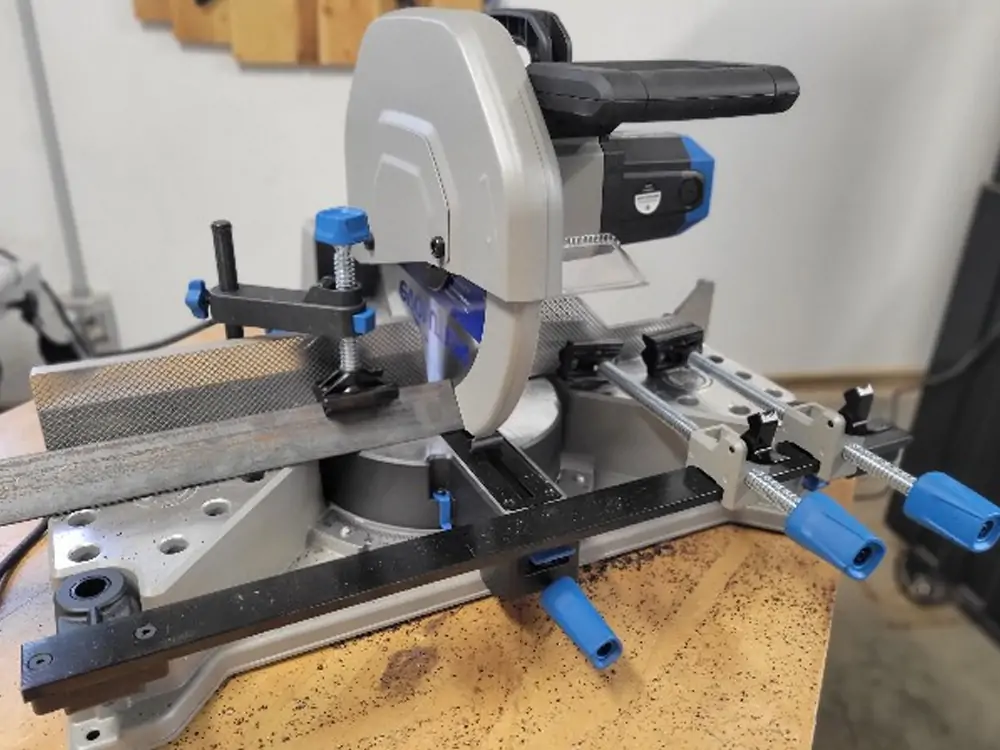
프로덕션 톱
제조업체는 생산량이 많은 환경에서 많은 공작물을 정확하게 만들 수 있는 기계가 필요합니다. 다양한 용도로 사용할 수 있는 생산용 톱은 최첨단 효율성을 제공합니다. 이러한 띠톱은 매우 효과적이며 독립적으로 작동하여 생산자가 작업 속도를 유지하는 데 필요한 정확하고 대량으로 절단할 수 있습니다.
생산용 톱은 평평하고 긴 칼날이 있어 절단면에 부착된 작업물 조각을 스윙하며 절단합니다. 수평형 프로덕션 톱은 큰 작업물을 절단하는 동안 칼날을 지지하는 두 개의 기둥이 있습니다. 프로덕션 톱 공구에는 물건을 안에 넣어 작업 공간을 더 안전하게 만드는 밀폐형 '박스' 디자인이 있습니다.
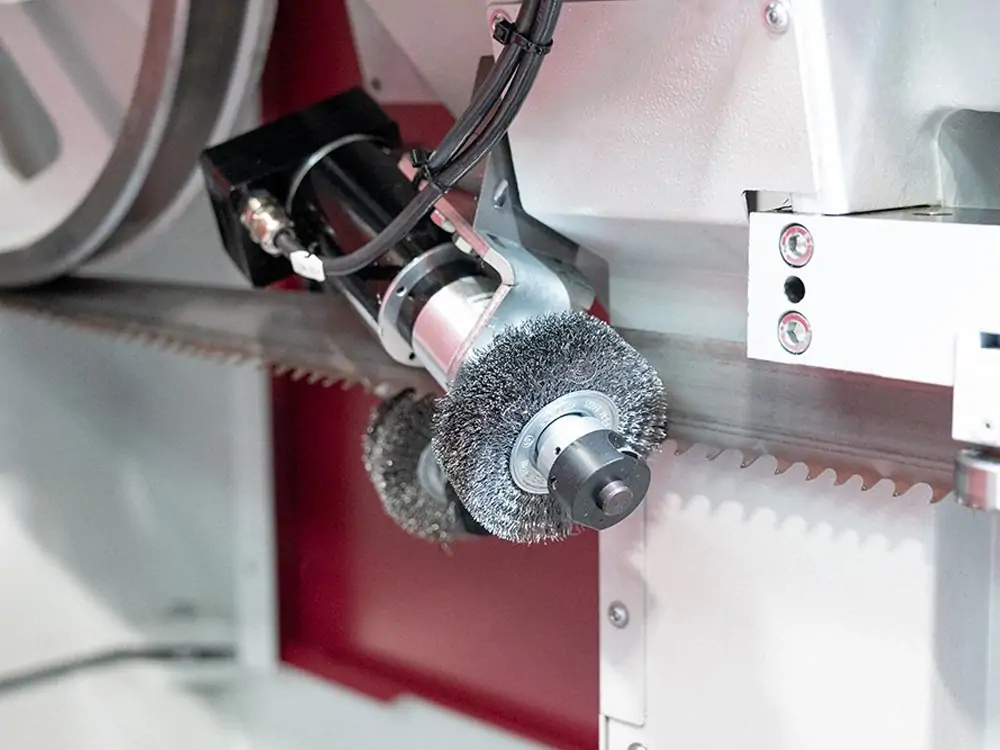
자주 묻는 질문
밴드 톱 기계의 두 가지 유형은 무엇인가요?
하지만 이 기계는 일반적으로 수동 이송 도구로 생각됩니다. 수평 및 수직 유형의 띠톱은 절단 날의 위치에서 이름을 따왔습니다. 정해진 선을 따라 자르려면 사용자가 손으로 스톡을 공급하고 칼날에 대고 움직여야 합니다.
띠톱은 어떤 기계인가요?
두 개 이상의 바퀴 사이에 톱니 모양의 금속 띠가 연속적으로 이어진 길고 날카로운 칼날이 달린 전동 톱을 띠톱(밴드톱이라고도 함)이라고 합니다. 주로 목재, 금속, 통나무 작업에 사용되지만 다양한 재료를 절단할 수 있습니다.
톱 밴드 기계의 세 가지 장점은 무엇인가요?
띠톱을 사용해야 하는 좋은 이유는 많습니다. 필요한 부분을 정확하게 자르고, 낭비를 줄이고, 거의 모든 것을 자를 수 있으며, 대부분 휴대할 수 있을 정도로 작기 때문입니다.
